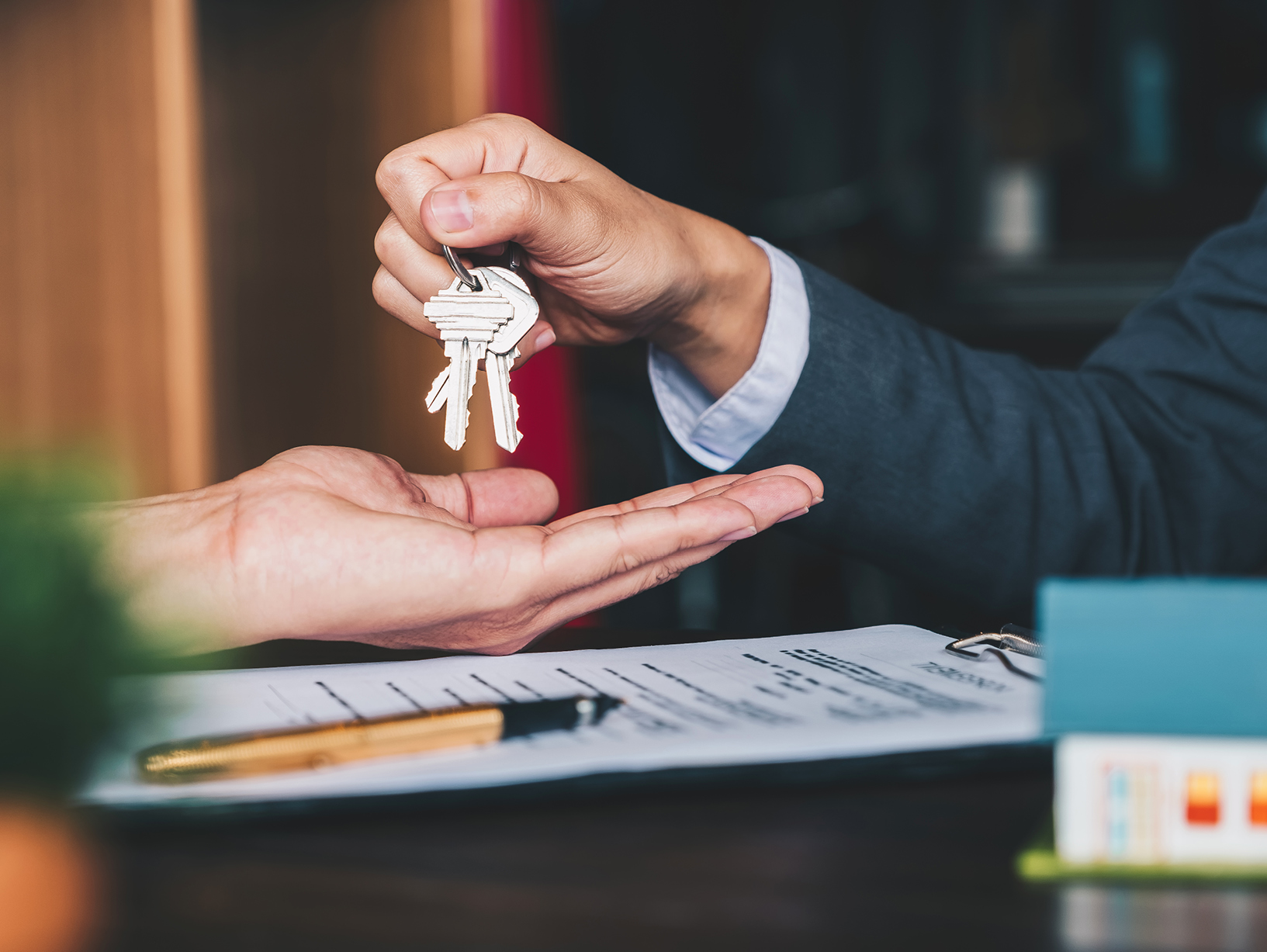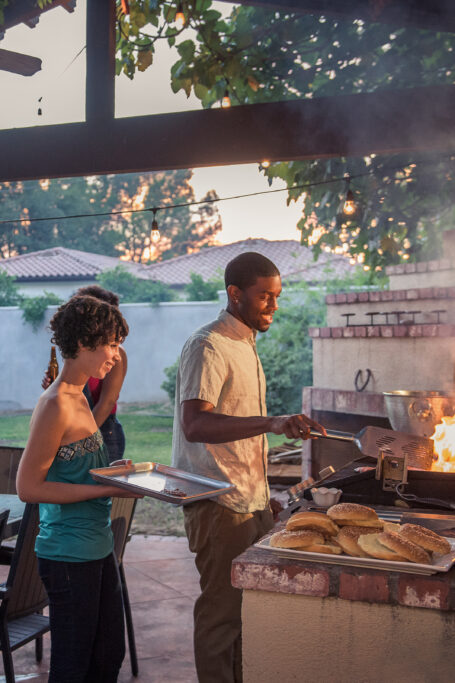Everything You Need to Know about Backup Offers
When a seller accepts an offer on their home, you may assume that they can no longer receive offers. However, other buyers can still make an offer, and the seller can accept what is known as a backup offer. Before you make or accept a backup offer, consult with your agent, and use this information to learn the pros and cons of this type of offer.
What is a backup offer?
A backup offer is a legally binding contract between a buyer and a seller who is under contract with another buyer, which is known as the primary contract. The backup offer must acknowledge the original agreement and might include an earnest money deposit. If the primary contract falls through for any reason, the backup contract goes into effect and becomes the primary contract. If the seller successfully closes with the first buyer, both parties in the backup contract are released from the agreement. It is important to remember that a backup offer doesn’t need to match the first offer on the home as long as the buyer and seller agree on the price.

Making a backup offer
If you have found your dream home but it is already under contract, making a backup offer could be an option for you. The process is the same as making a standard offer, so you’ll need to work with your agent to make the best possible offer you can.
Making a backup offer has several benefits for buyers. First, it means you may have an opportunity to buy a home you love. Having your backup offer accepted also means you won’t be entering a bidding war with other buyers if the primary contract falls through, which can benefit you in a low-inventory market. If you want to keep house-hunting, you can include a provision in your backup offer that allows you to move on before the primary contract collapses if you find a property you prefer.
There are some downsides to consider before you make a backup offer. The chances are low that you will get a to purchase the home you put a backup offer on, and you may have better luck finding a home that doesn’t have an offer on it already. You may also need to offer more than the primary contract to entice the seller to not place it back on the market. Consider your finances when making a backup offer. If the primary contract goes through, you will get your earnest money deposit back, but it can take time, which could hinder your ability to make an offer on another home. Finally, you might want to question why the original contract fell through. While a buyer can drop out for personal or financial reasons, you’ll want to ensure nothing is wrong with the property itself. Click here to learn why home inspections are vital for homebuyers.

Accepting a backup offer
Accepting a backup offer can give you peace of mind as a home seller. If you are concerned that the primary contract might fall through, a backup offer can provide you with an easy transition to another buyer. A backup offer will help you avoid the stress of remarketing your home and waiting for the right buyer. However, you need to be prepared to move forward with the backup offer if you accept it. If the offer isn’t exactly what you wanted or you think you could do better on the market, don’t feel compelled to accept backup offers.


















